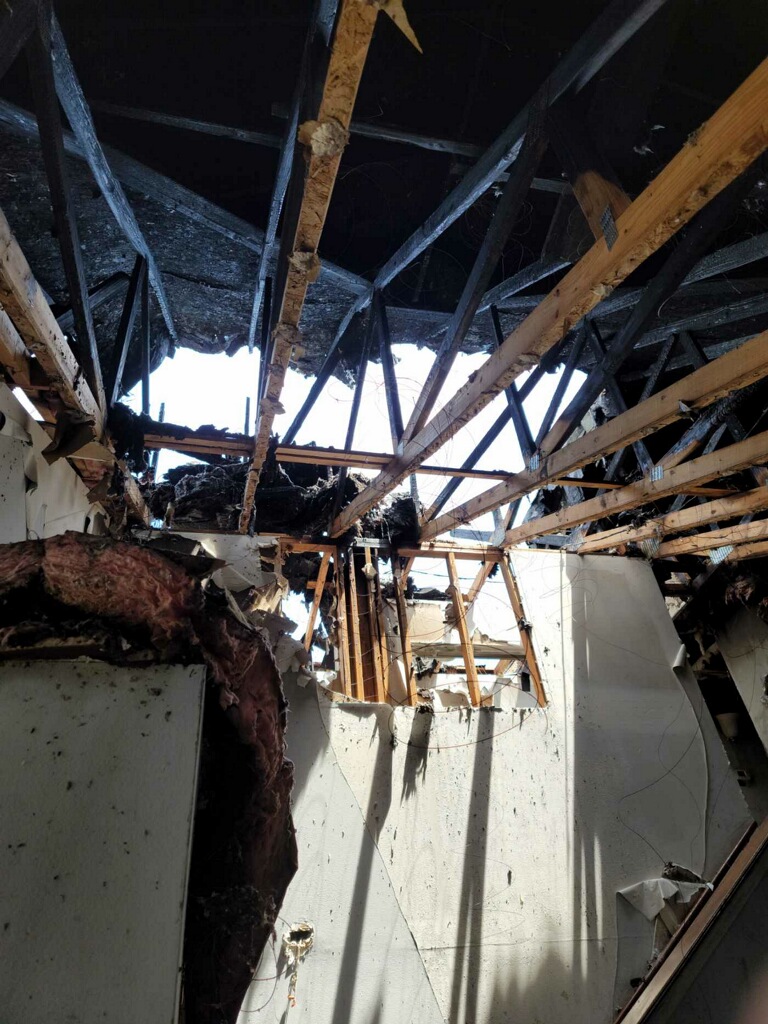5 Common Causes Of Commercial Fire Damage

Commercial fire damage can result from a variety of sources. This might lead to severe property loss, operational disruption, and even safety risks for employees and customers. Identifying common fire causes and taking preventative steps can help reduce the likelihood of a disaster. In this article, we explore some of the most frequent causes and the measures that can be taken to protect your establishment.
Electrical Failures and Overloads
One of the most common causes of commercial fire damage is electrical failures. Faulty wiring, overloaded circuits, or malfunctioning electrical equipment can spark a fire if not properly maintained. Businesses often rely on multiple electrical devices and machines simultaneously. This heavy usage can overload a circuit, cause it to overheat, and potentially start a fire.
Regular inspections of the electrical system are vital to identify risks before they become hazardous. Scheduling construction monitoring and working with licensed electricians can make sure that your building’s electrical systems are up to code and functioning properly.
Cooking Equipment Fires
In commercial kitchens, cooking equipment is often a source of fire. Grease buildup in vents, malfunctioning stoves, or unattended cooking can lead to dangerous fires. Kitchens, especially in restaurants or food production facilities, are at constant risk.
Installing proper fire suppression systems and training employees in fire safety measures are key ways to prevent fires. Regular maintenance of cooking appliances and keeping flammable materials away from heat sources will lower the fire risk in the kitchen. Quick response and preparedness can minimize the damage if a fire occurs.
Flammable Materials and Chemicals
Many businesses use flammable materials, such as cleaning products, paints, or industrial chemicals. These are prone to catching fire if improperly stored. In construction, manufacturing, and even office settings, chemicals are often stored without proper precautions. These materials should always be kept in well-ventilated, secure storage areas away from heat sources or sparks.
A business’s safety protocols should include regular checks and proper disposal practices for any hazardous materials. In industries that deal with flammable substances, working with experts in appraisals can help confirm that risks are assessed, and adequate safety measures are in place.
Arson and Vandalism
While unintentional causes contribute to most commercial fires, arson remains a significant concern. Criminal intent can lead to fires intentionally set by outsiders or even disgruntled employees. Preventing arson often requires heightened security measures, such as surveillance cameras, access control systems, and alarm systems.
Proper fencing, good lighting around the premises, and removing potential entry points can deter intruders. While prevention is difficult, taking steps to safeguard the building can reduce the risk. If arson occurs, documenting damage thoroughly through damage claims and engaging professional restorers is important to mitigate losses.
Natural Disasters and Weather Events
In certain regions, natural disasters like storms, floods, and hurricanes can lead to fires. Lightning strikes, combined with strong winds, can knock over power lines and start fires in commercial properties. The weather’s unpredictability makes it important for businesses to have emergency response plans and protective infrastructure in place.
Backup power systems, code compliance, and regular risk assessments help prevent fire-related damage from natural causes.
At Stone Building Solutions, we specialize in helping businesses manage their building assessments and minimize fire-related risks. Through our damage claims services, detailed appraisals, and construction monitoring, we help businesses prepare for, mitigate, and recover from commercial fire damage. We offer solutions that make sure your property is resilient and compliant with safety standards. Contact us now.
